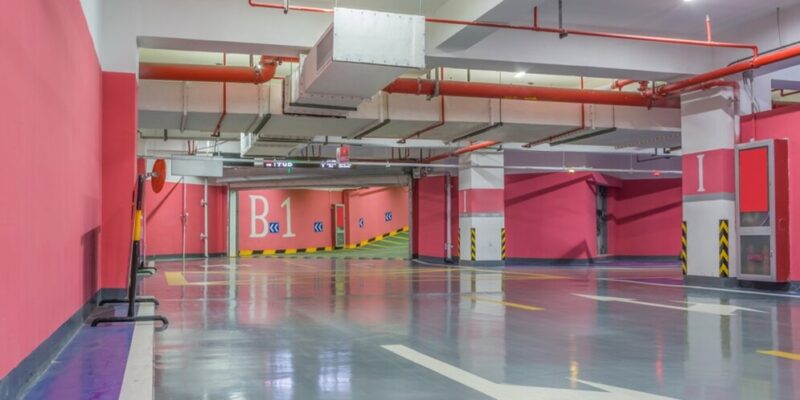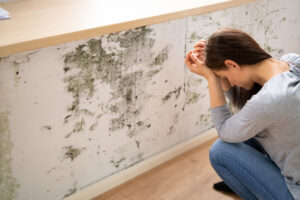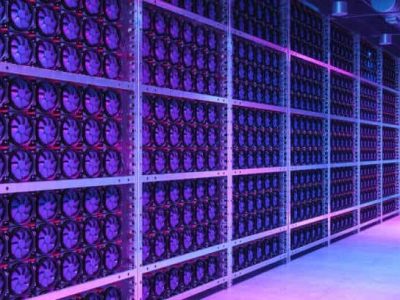In the realm of infrastructure maintenance, seal coating stands out as a crucial technique that extends the lifespan of surfaces such as pavements, driveways, and commercial flooring. This process involves applying a protective layer over existing surfaces, primarily to shield them from environmental damage and regular wear and tear. Seal coating not only enhances durability but also improves the aesthetic appeal of surfaces, making it a preferred choice for both residential and commercial applications.
The Process of Seal Coating
Seal coating typically begins with thorough surface preparation, which includes cleaning the area to remove dirt, debris, and any existing coatings. This step ensures proper adhesion of the sealant to the surface. Once cleaned, cracks and potholes are repaired to prevent water penetration, which can lead to further damage over time. After preparation, the sealant is applied evenly using specialized equipment, ensuring complete coverage and a smooth finish. The sealant then cures to form a protective layer that enhances the surface’s resilience against UV rays, water, chemicals, and traffic wear.
Benefits of Seal Coating
- Enhanced Durability: By acting as a barrier against environmental elements, seal coating prevents oxidation and erosion of underlying materials, thereby extending the lifespan of pavements and driveways.
- Improved Aesthetics: Seal coating restores the rich, dark appearance of asphalt surfaces, giving them a fresh look that enhances the overall curb appeal of properties.
- Cost-Effective Maintenance: Compared to extensive repairs or replacements, seal coating is a cost-effective preventive measure that reduces long-term maintenance expenses.
Commercial Epoxy Flooring: Durable and Versatile Solutions
Commercial epoxy flooring complements seal coating as another robust solution for enhancing the durability and aesthetics of industrial and commercial spaces. Epoxy flooring consists of resin and hardeners that chemically react to form a rigid plastic material. This flooring option is renowned for its seamless finish, high durability, and resistance to chemicals, making it ideal for areas subject to heavy traffic and potential spills.
Applications of Commercial Epoxy Flooring
- Warehouses and Manufacturing Facilities: Epoxy flooring provides a smooth, durable surface that withstands the movement of heavy equipment and foot traffic common in industrial settings.
- Commercial Kitchens and Restaurants: Its seamless nature and resistance to stains and moisture make epoxy flooring suitable for maintaining cleanliness and hygiene standards in food preparation areas.
- Retail and Office Spaces: Epoxy flooring offers a sleek, modern appearance that enhances the aesthetic appeal of retail stores and office buildings while providing a durable surface that can withstand daily wear and tear.
Integration of Seal Coating with Commercial Epoxy Flooring
While seal coating primarily protects asphalt and concrete surfaces outdoors, its principles of durability and protective coating are analogous to those of epoxy flooring. Both solutions aim to enhance surface longevity and aesthetics through the application of a protective layer that shields against environmental factors and physical wear.
Synergies Between Seal Coating and Epoxy Flooring
- Protective Barrier: Both seal coating and epoxy flooring create a barrier that safeguards underlying materials from damage caused by UV rays, moisture, chemicals, and physical abrasion.
- Enhanced Lifespan: By extending the lifespan of surfaces, seal coating and epoxy flooring contribute to reduced maintenance costs and prolonged structural integrity.
- Aesthetic Enhancement: Seal coating rejuvenates the appearance of outdoor surfaces, while epoxy flooring enhances indoor aesthetics with its seamless finish and customizable colors and designs.
Conclusion
In conclusion, seal coating and commercial epoxy flooring are integral components of infrastructure maintenance and enhancement strategies. While seal coating focuses on outdoor surfaces like pavements and driveways, epoxy flooring serves as an indoor solution for commercial and industrial spaces. Both solutions share common goals of enhancing durability, aesthetics, and cost-effectiveness through the application of protective coatings. Understanding their roles and synergies can guide property owners and managers in making informed decisions to protect and enhance their facilities effectively.











Comments